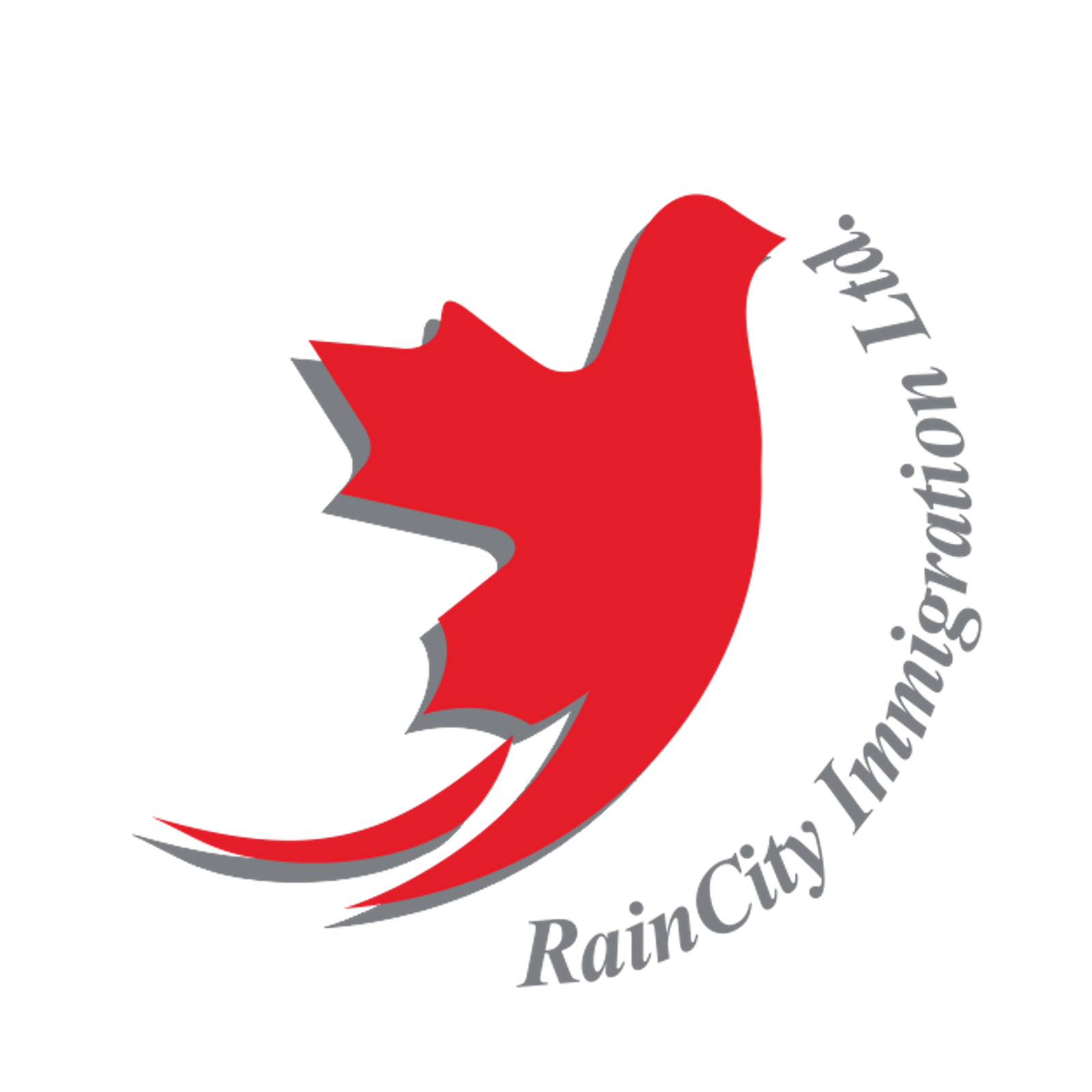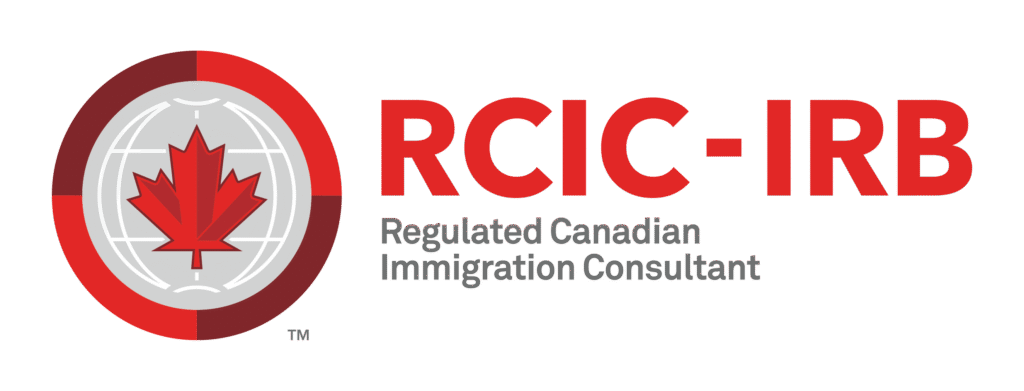Investment in Nova Scotia

The Nova Scotia Nominee Program (NSNP) is one of the immigration programs of this province, allowing foreign investors and entrepreneurs to immigrate through two methods: entrepreneurship and investment. These two methods include:
Nova Scotia NSNP – Entrepreneur Stream
International Graduate Entrepreneur Stream of Nova Scotia NSNP
The Nova Scotia entrepreneurship program is specifically designed for experienced owners or senior managers of businesses who intend to establish or purchase a business in Nova Scotia and also plan to be actively involved in the daily management of their business.
A key feature of this program is that it allows for the possibility of obtaining permanent residency in Canada through a series of steps. Applicants whose applications for the Nova Scotia entrepreneurship program are accepted must get a work permit or temporary work visa from the federal immigration office in Canada and, upon entering Canada, establish and manage their business for one year. If the commitments of the program are fulfilled by the selected province, they become eligible to apply for permanent residency in Canada.
In the rest of the article, we will explain more details about this program.
Conditions for investment and entrepreneurship in the province of Nova Scotia
To qualify for the Nova Scotia entrepreneurship program, both you as the investor and your business must meet the following conditions:
Requirements for applicants
You must be at least 21 years old;
You must have a minimum net worth of $600,000 as verified by specialists designated by NSOI;
You must have acquired the claimed net worth through legal means confirmed by NSOI specialists;
You should have at least 3 years of business ownership with a minimum of 33% ownership or have more than 5 years of senior management experience in the last 10 years;
You must invest a minimum of $150,000 to establish or purchase a business in Nova Scotia;
You must have a minimum language score of 5 CLB in English (CLB General or IELTS General) or French (TEF exam).
You need to have at least a high school diploma from Canada or an equivalent that has been assessed by an Educational Credential Assessment (ECA) agency and obtained within the last 5 years before submitting your EOI.
Submit a business establishment plan or business plan;
You must intend to reside in Nova Scotia.
Who is not eligible for the Nova Scotia Entrepreneur Stream?
Refugee claimants in Canada
Individuals living in the country illegally.
Individuals who have a removal order issued by IRCC or the Canada Border Services Agency.
Those who are banned from entering Canada.
Investors looking for passive investment opportunities.
People who do not have immigration status and are not eligible to apply until their status is restored.
Business requirements
You must own at least one-third (33.33%) of the business shares.
You must have an active and ongoing role in the daily management of the business. You should manage it from the location where the business is established, and it should not be managed from anywhere else in Nova Scotia or from other provinces or regions in Canada or from outside the country.
The business should be profitable and aim to generate profit through selling goods or providing services.
The business must meet the legal requirements of the region where it is established.
According to the tax regulations for establishing a permanent business, you are required to pay the related income tax.
The business must have the potential to create significant economic benefit for Nova Scotia. For example, through manufacturing or processing, exporting, tourism, development and research, technology commercialization, expanding innovative approaches for traditional businesses, transferring technology and expertise to Nova Scotia, or providing products or services to previously inaccessible local or regional markets, it should add value.
Further conditions
Depending on whether you establish a new business in Nova Scotia or purchase an existing business there, in addition to the conditions mentioned in the previous section, you must meet additional conditions which we will mention next:
Requirements for new businesses
If you’re starting a new business in the province, you need to create at least one full-time job for a Canadian citizen or permanent resident. This job must:
– Not be for any relatives or dependents you might have;
– Not be the position you hold yourself;
– Be directly related to the business you’ve started;
– Have a salary level that matches the general wage level.
Requirements for purchased businesses
If you’re buying a business in the province, you need to keep the following conditions in mind:
– The business must have been actively and continuously operated by the same previous owner for the last 5 years;
– If you’re coming from outside Newfoundland or from outside Canada, you must have an exploratory visit to the province and meet with its owner or owners before making the purchase;
– Provide documentation showing that you’ve made reasonable efforts to assess the business’s value according to fair market value;
– The business should be actively operated and not under the management of a court-appointed trustee due to bankruptcy;
– You need to hire previous employees according to existing terms and conditions, maintaining their wages and employment conditions.
Investment and entrepreneurship conditions in Nova Scotia
The Nova Scotia entrepreneurship program is based on a points system where applicants are evaluated based on eight factors: language skills, education level, history of business ownership or senior management, amount of investment, net worth, age, adaptability, and Nova Scotia’s priorities.
Applicants who score higher in any lottery round will receive an invitation to apply for the Nova Scotia entrepreneurship stream. The maximum score in this program is 150 points.
Next, we’ll detail the scoring factors for the Nova Scotia entrepreneurship program.
Factor 1: Language skills
| Selection factor | Maximum points |
|---|---|
| Language skills | 35 |
| Education level | 25 |
| Business ownership and senior management history | 35 |
| Net worth | 10 |
| Age | 10 |
| Adaptability | 10 |
| Nova Scotia economic priorities | 10 |
| Amount of investment | 10 |
| Total points | 150 |
| Official second language level | Points |
|---|---|
| CLB 5 and above in all four language skills | 7 |
Factor 2: Education Level
| Education | Points |
|---|---|
| PhD or equivalent | 25 |
| Master's degree or equivalent | 23 |
| College diploma in a relevant field. The job related to this qualification must be: Part of the A level occupations with NOC 2011 job code and Approved by a licensed provincial regulatory body. | 23 |
| Two or three Canadian qualifications above high school or equivalent (one must be for a three-year program) | 22 |
| A Canadian qualification above high school or equivalent that is three years or more in duration. | 21 |
| A Canadian qualification above high school or equivalent that is two years in duration. | 19 |
| A Canadian qualification above high school or equivalent that is one year in duration. | 12 |
| Canadian high school diploma or equivalent | 8 |
| Below diploma | Not eligible for the program |
Factor 3: Business Ownership or Senior Management Experience
| Years of Activity | Points |
|---|---|
| More than 5 years of business ownership (minimum ownership of 33.33%) in the past 10 years | 35 |
| 3 to 5 years of business ownership (minimum 33.33%) in the past 10 years | 20 |
| More than 5 years of work experience in senior business management in the past 10 years | 20 |
Factor 4: Net Worth
| Net Worth (CAD) | Points |
|---|---|
| Over 1.5 million dollars | 10 |
| 1 to 1.5 million dollars | 7 |
| 600 thousand to 999999 dollars | 5 |
| Less than 600 thousand dollars | Not eligible for the program |
Factor 5: Age
| Age | Points |
|---|---|
| Under 21 | Not eligible for the program |
| 21-24 | 5 |
| 25-32 | 7 |
| 33-39 | 10 |
| 40-44 | 7 |
| 45-55 | 5 |
| 56 years and older | 0 |
Factor 6: Adaptability
| Eligibility Factors | Maximum Points |
|---|---|
| Applicant’s educational background in Nova Scotia: The applicant has completed a full-time & at least two-year study program at the high school or post-secondary level in Nova Scotia. Full-time education means at least 15 hours of classes per week and the applicant must have maintained good academic standing during their full-time studies in Nova Scotia. | 10 |
| Spouse's previous education in Nova Scotia: The spouse of the applicant has completed a full-time and at least two-year study program at the high school or post-secondary level in Nova Scotia. | 5 |
| Applicant’s previous work experience in Nova Scotia: The applicant has at least one year of full-time work experience in the province of Nova Scotia doing: A job at skill levels 0 A or B with a National Occupational Classification (NOC) 2011 code or During the time of employment. the applicant held a valid work permit or was authorized to work in Canada. | 10 |
| Spouse’s previous work experience in Nova Scotia: The applicant’s spouse has at least one year of full-time work experience in Nova Scotia while holding a valid work permit. | 5 |
| Having relatives in Nova Scotia:The applicant or their spouse has a relative in Nova Scotia who has been a Canadian citizen or permanent resident for at least one continuous year and is 19 years of age or older. Acceptable relatives include: Parents & Grandparents & Siblings & Aunts & Uncles & Nieces & Nephews | 5 |
| Spouse’s language skill level:The applicant’s spouse has a language score of CLB level 4 or higher in English or French. | 5 |
Factor 7: Economic Priorities of Nova Scotia
| Economic Priorities of Nova Scotia | Points |
|---|---|
| Export businesses | 5 |
| Proposed business location outside Halifax | 5 |
| Transfer of company ownership to another person (buying a business) | 5 |
Factor 8: Investment
| Investment Amount (CAD) | Points |
|---|---|
| Over 300 thousand dollars | 15 |
| 150 to 300 thousand dollars | 10 |
| Less than 150 thousand dollars | Not eligible for the program |
Steps to Obtain an Investment Visa in Nova Scotia
Step 1: Submit an Expression of Interest (EOI)
To apply for the Nova Scotia Entrepreneurial Stream, you first need to express your intent to start a business and settle in the province through an online survey. In your Nova Scotia EOI (Expression of Interest), you’ll need to provide information regarding your business ownership or management experience, language skills, education, investment, net worth, age, adaptability, and the business itself.
You can only submit your expression of interest if you meet the minimum program criteria. Then, based on the program factors, you will receive points and enter the draw pool.
The EOI will remain in the draw pool for one year. If you are not selected during this time, your EOI will be removed from the draw pool, and you will need to submit a new EOI from scratch
Step 2: Receiving an Invitation to Apply (ITA)
If you score highly in the points lottery pool, you’ll receive an invitation from the Nova Scotia immigration office. Once the invitation is issued, you have 90 days to submit your complete application along with your business establishment plan and other required documents for the Nova Scotia Provincial Nominee Program.
At this stage, you also need to identify your net worth verifier and inform the Nova Scotia immigration office within a maximum of 20 days after receiving the invitation. Net worth verifiers for applicants are determined by the Nova Scotia immigration office itself. You also have 180 days from the time the invitation is issued to submit your net worth verification report to the provincial immigration office.
Step 3: In-Person Interview and Signing the Performance Agreement with Nova Scotia
The Nova Scotia immigration office will evaluate the submitted applications, and if your case meets all the necessary criteria of the provincial entrepreneur program, you will be invited for an in-person interview in Nova Scotia. From the time you request the interview, you have 60 days to attend.
If you succeed in the interview, the province will send you a business performance agreement that you’ll need to sign.
The performance agreement will specify the amount you intend to invest, your proposed business industry, and other relevant information.
Step 4: Applying for a Work Visa
After signing the performance agreement and sending it to the Nova Scotia immigration office, you will receive a support letter. This support letter is necessary for applying for the Nova Scotia investment visa and must be submitted along with other required documents as part of your work permit application to the Immigration, Refugees and Citizenship Canada (IRCC).
At this stage, you can also apply for dependent visas for your spouse and children under 22 years of age. If you receive a temporary work visa for Canada, you must enter Canada and complete the remaining steps of the Nova Scotia entrepreneur program.
Obtaining Canadian residency through investment in Nova Scotia
You have two pathways to obtain Nova Scotia entrepreneurship residency:
1. Starting a business in the province and taking steps to obtain a provincial nomination certificate.
After receiving your work visa for Canada and entering the country, you must meet with one of the immigration officers in Nova Scotia within 60 days of your arrival. They will answer questions related to the executive agreement and may refer you to other relevant service providers for more information. You are required to present your official entry report at the meeting.
From the time your entrepreneurship application is approved in the province, you have a maximum of one year to establish your business in the province; otherwise, your application will be closed.
After starting your business, you must fulfill the commitments of the executive agreement, which include mandatory investment, setting up and continuously managing the business for at least one year, submitting a business progress report, and residing in the province. If you comply with these requirements, you will be eligible to apply for provincial nomination.
The province of Nova Scotia will issue you a Provincial Nomination Certificate or nomination letter after your application is approved. This certificate is necessary to apply for permanent residency in Canada.
2. Applying for permanent residency in Canada.
Immediately after nomination, the applicant must apply for permanent residency to IRCC within 6 months. Applicants should note that NSNP nomination does not guarantee the issuance of a permanent residency visa. If the application is approved by the visa office, a permanent residency confirmation will be issued to the applicant. The applicant must submit a copy of the confirmation to NSOI within 30 business days.
Nova Scotia’s International Graduate Entrepreneur Program.
This program is designed for applicants who have recently graduated from one of Nova Scotia’s universities or community colleges. Before you register your Expression of Interest (EOI) for this program, you must have started or purchased and managed a business in the province for at least one year.
By scoring the highest in the EOI, you’ll be selected and receive an invitation to apply for the entrepreneurship program. If your application is complete, you’ll be invited for an interview, and if you successfully pass the interview and your entrepreneurship application is approved, you can apply for a provincial nomination certificate.
Once you receive the provincial nomination, you’ll be eligible to apply for Canadian permanent residency.
Frequently asked questions
Is a language score required for the Nova Scotia entrepreneurship program?
Yes, to qualify for this program, you need to have at least a language score of CLB 5 in English or French.
How much does it cost to review an application for the Nova Scotia entrepreneurship program?
Nova Scotia does not charge a fee for reviewing entrepreneurship applications, but you will need to pay for preparing necessary documents for this program, such as educational credential assessments, language tests, net worth assessments, and document translations.
What is the timeline for the Nova Scotia entrepreneurship program?
The duration for reviewing applications for the Nova Scotia entrepreneurship program depends on the time needed to verify the application documents and the volume of received applications.
What are the main industries and sectors for investment in Nova Scotia?
Aerospace, agricultural/marine foods, biotechnology, culture, energy, forestry, information and communication technology, manufacturing, mining, ocean-related technology.
What should the business establishment plan or business plan cover in the Nova Scotia entrepreneurship program?
The industry or business area should be specified.
A description of the business should be provided.
Information about business ownership should be included, such as partner details and property owner information.
The proposed location for the business should be specified.
Details on the geographic coverage (local, regional, and national) of the business should be provided.
Is an exploratory visit required for the Nova Scotia investment program?
An exploratory visit is mandatory for applicants who intend to purchase an existing business in the province instead of starting a new one. Applicants must include a report of their visit as part of the business establishment plan. The report should cover the entire duration of the stay in Canada (including time spent in other provinces) and must include the following:
Names of specialized service providers for businesses or accommodation related organizations that will be visited during the trip along with their postal address, telephone number and email address.
Copy of plane tickets, passport and hotel receipts
Copies of business cards collected from contacts and business service providers during the visit
Details of visits to existing business premises and any meetings with current owners





